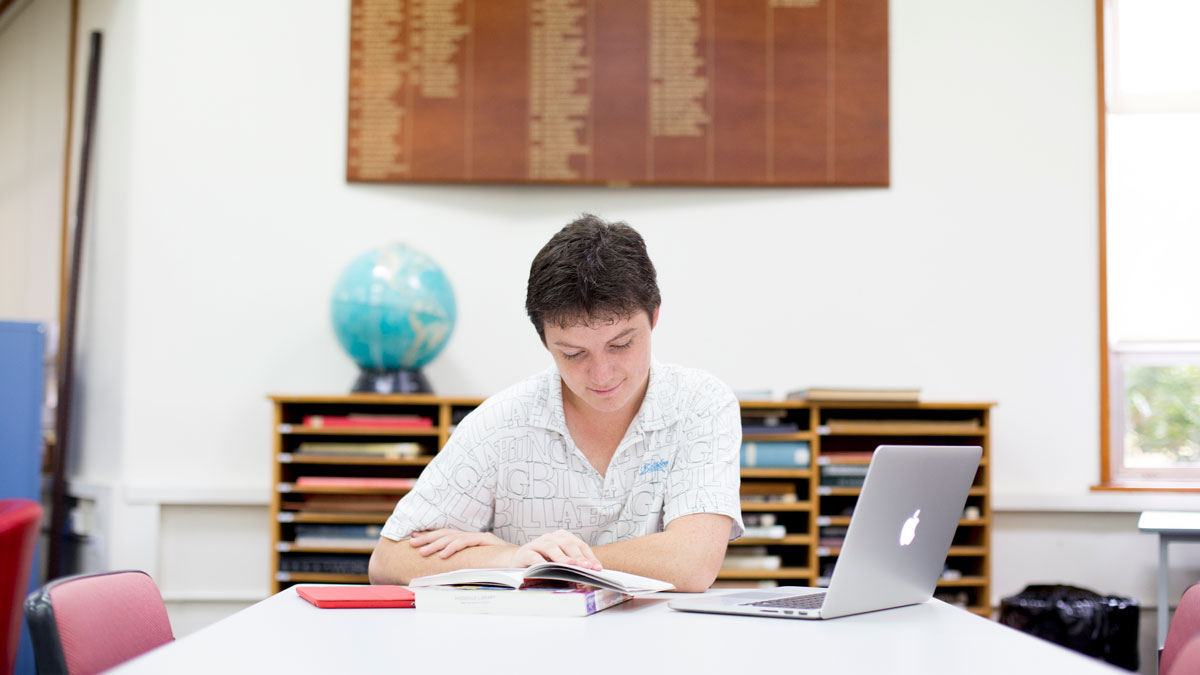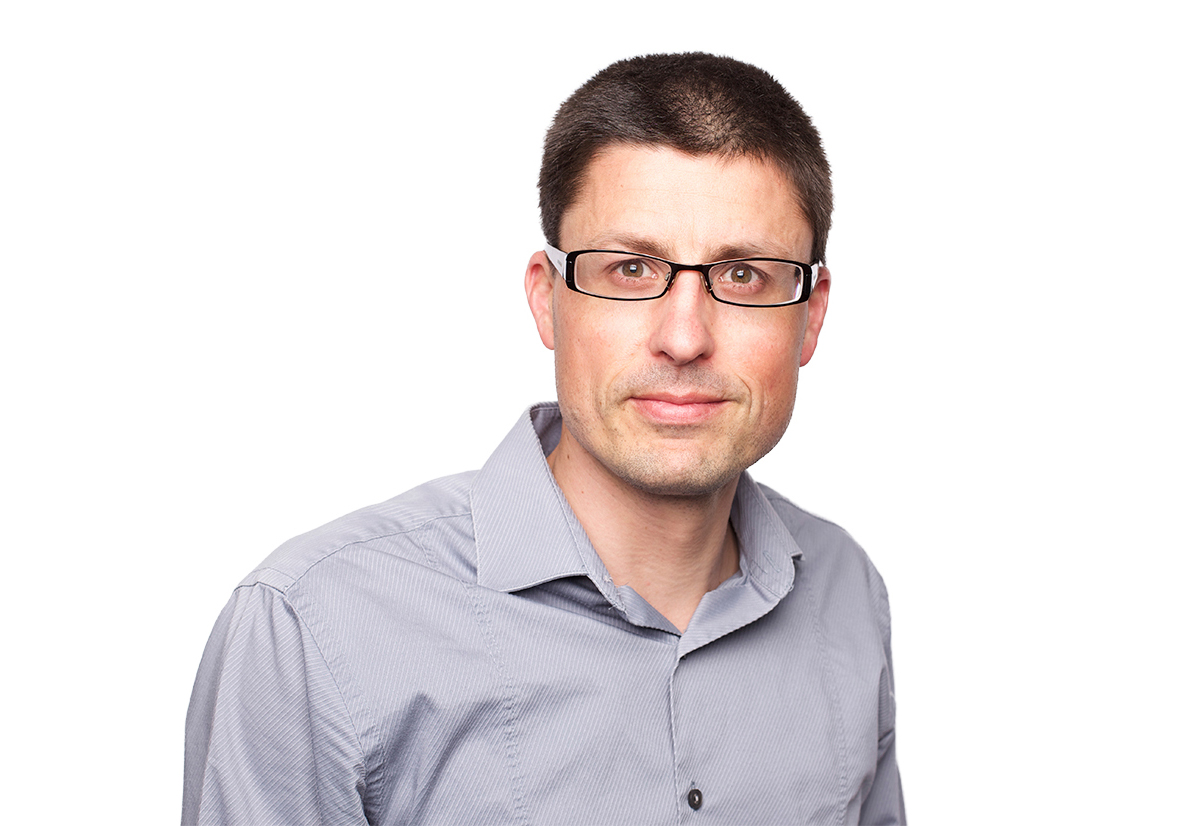School-leavers take note: attitude and environment may be stronger predictors of success at university than grades, according to a study by an Avondale University College PhD graduate.
Dr David Potter conducted the qualitative research for his thesis, “The Lived Experience of Teenage Alternative Entry Students.” He says his in-depth interviews reinforced the limited value of the Australian Tertiary Admission Rank as an indicator of academic potential for students enrolled in an alternative entry program. “The four participants performed in the exact reverse order in their degree studies than their final high school grades predicted. In fact, of the four, the student who didn’t attempt Years 11 and 12 had the highest weighted average mark in her degree, while the student with the highest ATAR is yet to finish a degree.”
So, senior high school students disadvantaged by the coronavirus (COVID-19) pandemic should not give up hope of a future at university. “Grades were not the strongest predictor of success,” says Dr Potter. “Other factors, like whether the student received positive or negative messages about education from their family, their ability to stay positive about their studies, and their willingness to take personal responsibility for their own success, were more important.”
The study also indicated the importance of starting a course with a carefully explored career goal. “The two most successful students had done their research and committed to a career goal that suited their interests and skills. In one case, it was a goal formed after finishing Year 12—through consultations with parents and teachers after his apprenticeship fell through. Having a strong career goal provided clarity that helped maintain focus during their four-year degree.”
Dr Potter’s experience—he headed the Diploma of General Studies at Avondale for 27 years—informed the study. He collected data from two male and two female participants over a single semester but added a longitudinal dimension by following the students’ progress through to their degree completion.
This helped him demonstrate findings based on behaviour. One student, for example, established good habits early. “A keen sportsman, he realised his mates might distract him. So, he chose to study in the library where they’d be less likely to find him.” Recognising whether peers were helping or hindering and taking control of their social life proved a key to success. “I wouldn’t see one of the poorer performing students in an early morning class unless she’d been up all night.”
The study did not support a common perception: that a heavy load of paid work interferes with study. “The two students who were most seriously involved in their studies were also most seriously involved in paid work—up to 40 hours a week—and sport,” says Dr Potter. “These students were clearly making use of their agency in a powerful way and making decisions that moved them in the direction of achieving their goals. Despite all the extracurricular activity in their schedule, they were motivated and determined to succeed.”
Dr Potter graduated with a Doctor of Philosophy degree from Avondale on Sunday (December 13).






